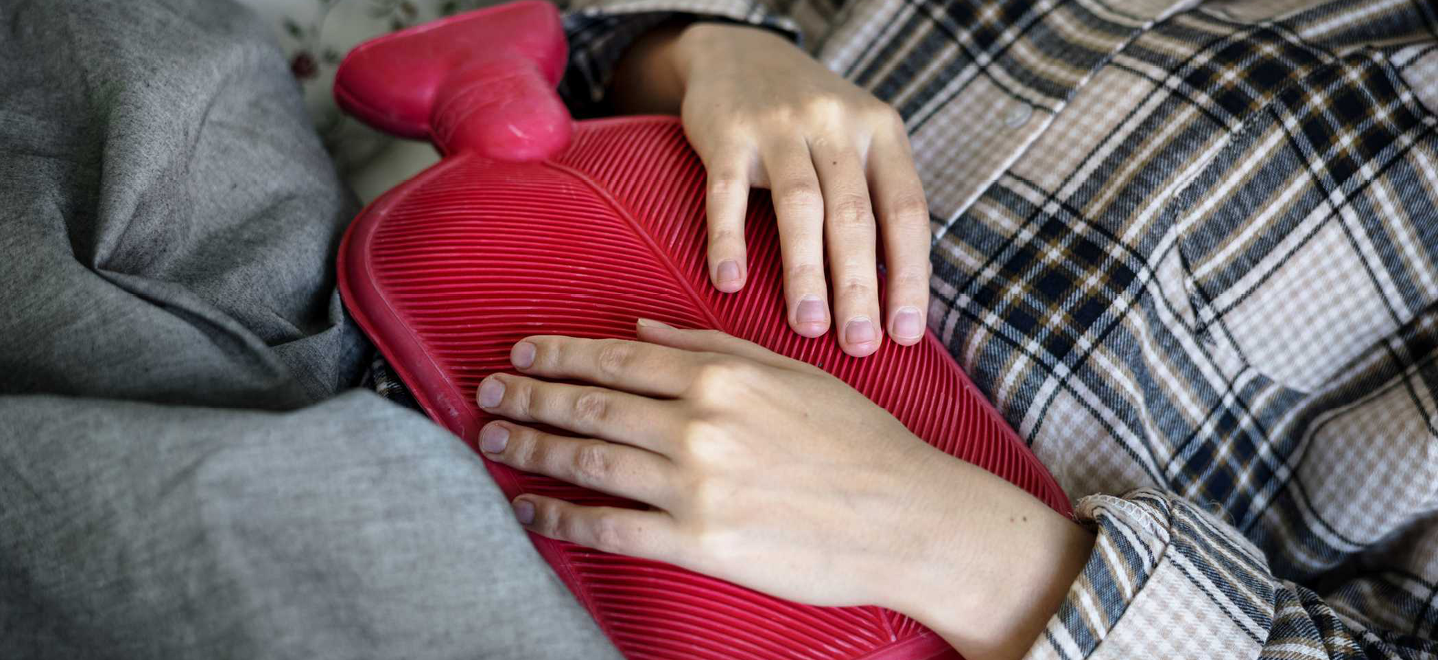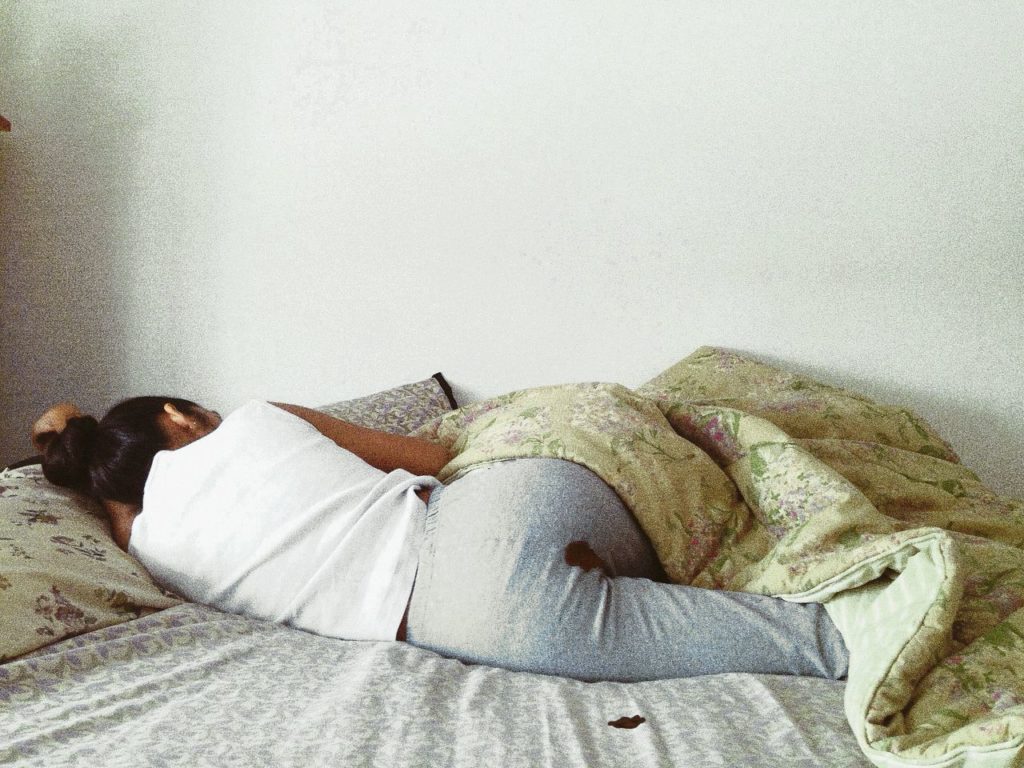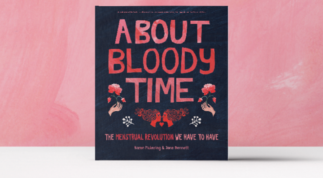
Our menstrual workplace policy, co-written by Casimira Melican and Grace Mountford in 2016, and supported by About Bloody Time research allows staff members who are experiencing symptoms of menstruation or menopause the option to work flexibly. The result? Exactly what you’d expect; greater productivity and a happier work environment. Media attention around our menstrual workplace policy has attracted an audience of over 6.2 million people.




